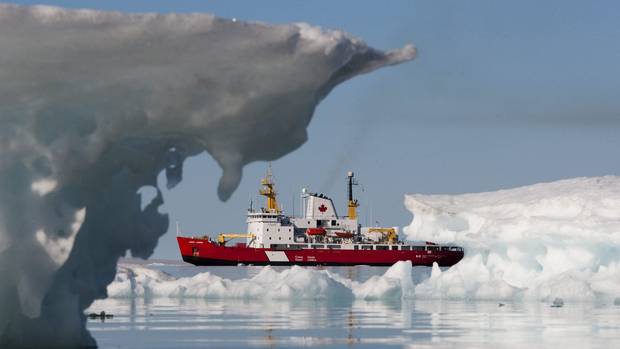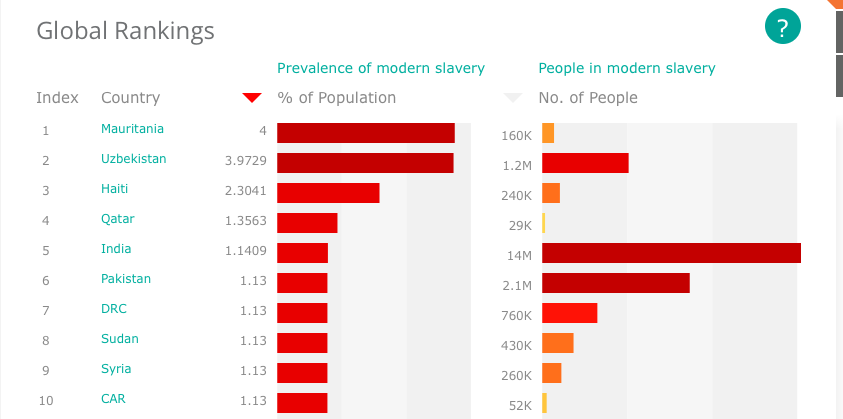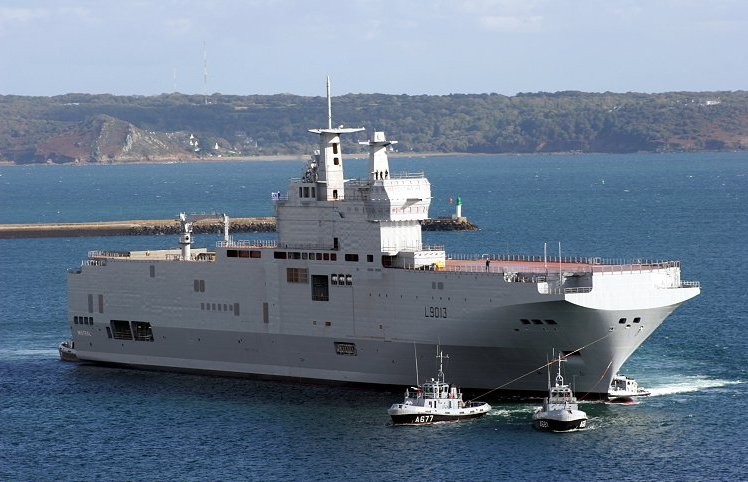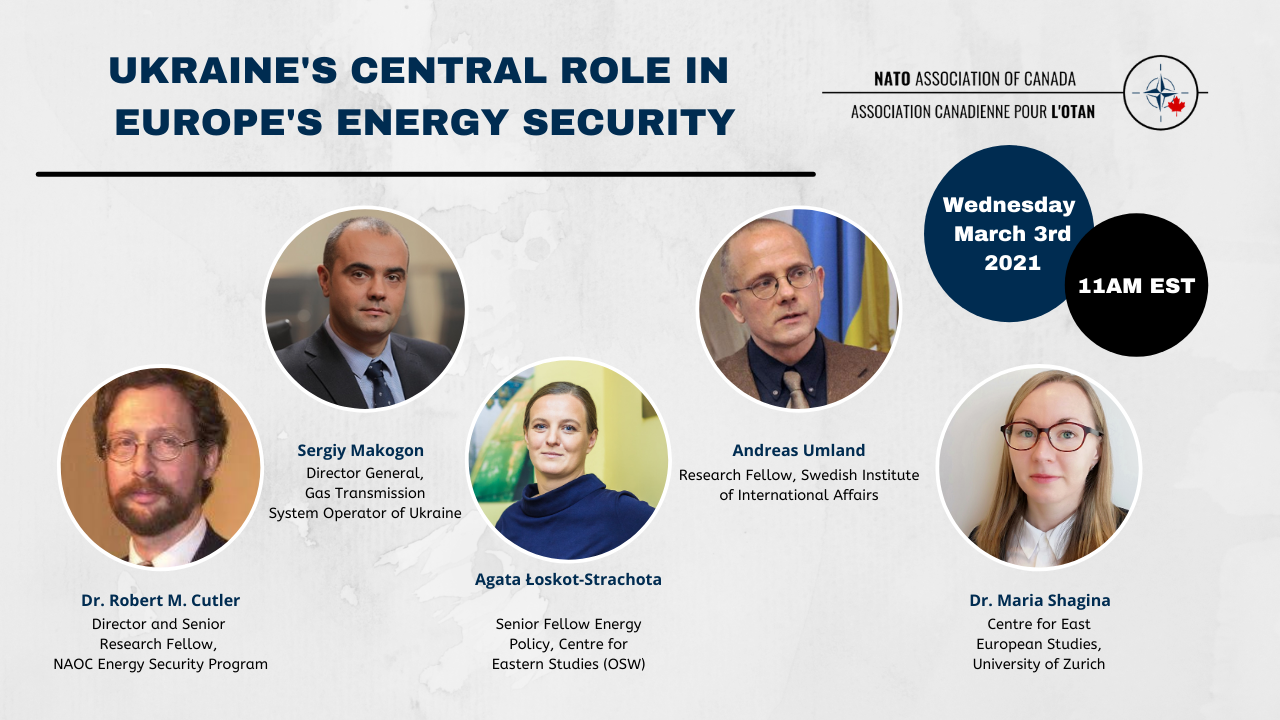On August 16, 2011, the Canadian government announced the re-naming of Canada’s naval forces, formerly referred to as Maritime Command (MARCOM) to its original designation, the Royal Canadian Navy (RCN). The last time Canada’s naval forces were known as the RCN was in 1968, when Lester B. Pearson amalgamated the three branches of the Canadian military under one command, named the ‘Canadian Forces.’ Over the last decade, Canada’s naval forces have played a significant role in a number of NATO maritime operations around the world. In the decades to come the RCN will continue to prove its importance while potentially playing a key role in increasingly critical waters.
[captionpix align=”right” theme=”elegant” width=”320″ imgsrc=”http://natoassociation.ca/wp-content/uploads/2012/12/HMCS-Vancouver.jpg” captiontext=”HMCS Vancouver transits the Strait of Gibraltar en route to relieving HMCS Charlottetown.”]
Over the last decade, maritime security issues have come to be of greater importance. One group that has made significant contributions to area of maritime security has been Standing NATO Maritime Group One (SNMG1). SNMG1 is an integrated maritime force, which consists of four to six destroyers and frigates from different NATO Member and Partner countries. It normally operates in the eastern Atlantic Ocean during peace time. However since August 17, 2009 , SNMG1 has been operating in and around the Gulf of Aden, a body of water that lies between the southern coast of Yemen and Somalia. The current operation, referred to as Ocean Shield has made significant contributions to international efforts aimed at combating piracy off the Horn of Africa.
As part of this operation, Canadian vessels have made significant contributions. Among such contributions, HMCS Charlottetown aided in disrupting the movement of illicit cargo off the coast of Yemen. On May 5, 2012, for instance, HMCS Charlottetown was successful in intercepting 600 pounds of hashish. On August 19, 2012, HMCS Regina arrived in the Arabian Sea and replaced HMCS Charlottetown. Speaking on the changeover, Canadian Minister of National Defence, Peter Mackay stated, “HMCS Regina’s deployment continues our strong tradition of participation in overseas operations with our allies, while making meaningful contributions to international security and stability.” Operation Ocean Shield is expected to end in 2014, but until then the Canadian navy will no doubt continue to play an important role in the operation.
In addition to Operation Shield, Canadian vessels have also played an active in the NATO operation, Active Endeavour. The operation was initiated on October 6, 2001 , as one of the responses to the September 11,attacks which invoked NATO’s collective security defence clause known as Article 5. Its aim is to keep the Mediterranean trade routes open and safe from pirates or terrorists, and to track and control suspect vessels which may be transporting weapons of mass destruction (WMDs).
Among the Canadian vessels that have actively participated in the operation are HMCS Charlottetown and HMCS Vancouver. HMCS Charlottetown was relieved by HMCS Vancouver in July of 2011 and then, on November 20, 2011, Canada’s Defence Minister announced that RCN vessels would maintain a presence in the Mediterranean until the end of 2012 taking continual part in Operation Active Endeavour. In January 2012 HMCS Charlottetown returned to the Mediterranean, continuing to patrol the area for suspect vessels. To date the operation has hailed over 100,000 vessels and boarded some 155 suspect ships . Continued RCN participation in this operation not only gives Canada the capability to respond to crises in the immediate region but offers security to a region where a tremendous amount of world trade is conducted.
On March 23, 2011 , NATO’s Operation Unified Protector, under the command of Canadian Lt. General Charles Bouchard, was initiated to enforce UN resolutions 1970 and 1973 concerning Libya.The resolutions authorized NATO forces to maintain a no-fly zone and arms embargo, against the Libyan government. Both HMCS Vancouver and HMCS Charlottetown participated in the operation. On May 12, 2011 , HMCS Charlottetown engaged several boats involved in an attack against the coastal city of Misrata,whereas HMCS Vancouver worked alongside NATO allies to enforce the arms embargo placed against Libya. HMCS Charlottetown even had the experience of being fired upon from the Libyan shore. As shown, Canada continues to play a leading role in NATO operations on the seas and oceans of the world.
[captionpix align=”right” theme=”elegant” width=”320″ imgsrc=”http://natoassociation.ca/wp-content/uploads/2012/12/Charlotte2.jpg” captiontext=”Cdr Craig Skjerpen, commanding officer of HMCS Charlottetown, uses the Big Eyes binoculars to look for small boats crewed by Libyan pro-regime forces.”]
In addition to its involvement in NATO operations abroad, Canadian vessels can perhaps play a key role in shaping NATO’s arctic policy. As the Arctic becomes more navigable, there will be much more traffic, commercial and military, in the region which will necessitate a stronger RCN presence. On June 3, 2010, the Canadian government announced the National Shipbuilding Procurement Strategy (NSPS). This strategy will see $35 billion dollars spent to construct both large and small combat vessels. Among the first batch of vessels slated for delivery are the Arctic Offshore Patrol Ships in 2018. These vessels are seen as fundamental to securing Canada’s security and sovereignty in the Arctic.
The Canadian government was initially quite bellicose in its rhetoric regarding Arctic sovereignty, but more recently that stance has softened. The number of speeches mentioning new science and economic endeavours are outnumbering those proposing military bases for example. However, in leaked US cables dating from 2010 the Canadian Prime Minster, Stephen Harper, apparently cautioned NATO Secretary General, Anders Fogh Rasmussen, that NATO had no role in the Arctic and any such moves would only serve to increase tensions with Russia. According to the cable the PM commented that there is, “no likelihood of Arctic states going to war, but that some non-Arctic members favored a NATO role in the Arctic because it would afford them influence in an area where they don’t belong.”
Actually, there are plenty of reasons to get NATO involved. While a war among Arctic nations is indeed a far-fetched and unlikely event,there are other considerations to take into account. First, as the North West Passage becomes more easily navigable, experts predict the route to become thebusiest waterway in the world. As the passage sees increased commercial traffic, a greater military presence will be required to inspect passing vessels for illicit or dangerous carge o, and to enforce possible environmental regulations
Furthermore, Russia, the other major player with a massive interest in the Arctic, is already militarizing the region. Over the past few years, Russian air and submarine activity in the Arctic has reachedlevels not seen since the Cold War. It has even re-opened its old airbases on frozen archipelagos located above the Arctic Circle. Since Canada’s Arctic forces, at the current time, can’t hold a candle to Russia’s forces, a simple solution would see Canada include all NATO allies in current discussions taking place in the Arctic Council.This would be followed by working closely with all NATO allies to establish a new force primarily dedicated to the Arctic. This new force would naturally include the new Canadian vessels being built to operate specifically in the region. Such a move would no doubt give Canada a leading role in the matter considering the country’s proximity and forward position in the region. Why wait until Russia has moved deeper into the region and takes advantage of slow moving talks in the Arctic Council?
Canada has already proven that it is a power on the oceans and seas of the world by aiding in counter-terrorism operations, anti-piracy operations and naval warfare operations. It can be proud of its RCN and the contributions and leadership it provides to NATO operations both in the past and currently. Now, however, is the time to seize a golden opportunity to see a new role for the RCN in the Arctic well into the new century. This of course, is solely in the hands of the Canadian government, all it has to do is reach out and include its NATO allies.




